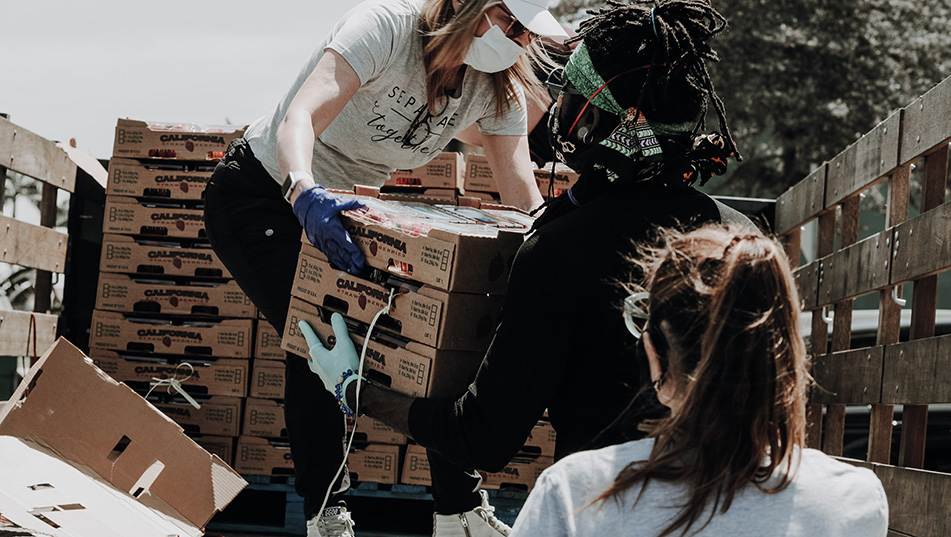A survey has found that the volunteering sector is still struggling, with 72% of respondents reporting less than ideal operating capacity despite the lifting of COVID-19 restrictions.
According to new data from Volunteering Australia, two out of three volunteers (65.9%) stopped volunteering, equating to an estimated loss of 12.2 million hours per week during the height of the COVID pandemic in 2020.
Volunteering Australia’s ‘Re-engaging Volunteers and COVID-19’ survey, received nearly 600 responses over December 2020 and January 2021, highlighting some worrying statistics. Although COVID restrictions have eased considerably across Australia, over half of the 600 respondents surveyed (56%), said their organisations needed more volunteers, with four out of ten (41%) finding it difficult to re-engage or recruit volunteers.
A similar number of respondents (43%) have seen an increase in demand for the services their organisations offer. Overall, 42% of respondents are not confident that they will achieve pre-COVID levels of volunteering activity in the next six months.
These results are particularly concerning, as recent Australian Bureau of Statistics (ABS) data shows that pre-COVID, the rate of Australians volunteering and the time they give, were already declining since2019, 7% less Australians volunteered for an organisation compared to 2010iii, with the decline most evident for women (-10%).
The data shows Australians are time-poor with 40% of people saying they feel rushed or pressed for time, which seems to have had a troubling impact on the number of hours Australians’ volunteer. Although the almost six million Australians who volunteered in 2019 contributed almost 600 million hours to the community, this is a 20% decrease from 2014 (743.3 million hours).
Volunteering Australia CEO Mark Pearce said that volunteers make a huge contribution to Australia’s social and economic well-being and are now needed more than ever to ensure stability and recovery in the wake of COVID-19.
“Volunteering is time freely given, but enabling volunteering is not free. Volunteers need induction, training and ongoing management and support. The role of volunteers in Australia needs to be recognised, supported and resourced,” Pearce said.
According to the Volunteering Australia survey, the biggest challenge preventing organisations from re-engaging or recruiting more volunteers was that their volunteers tended to be older or in vulnerable groups, with 70% of respondents highlighting this concern. Other barriers to re-engaging or recruiting more volunteers included volunteers being ‘more time-poor and harder to engage’ (24%) and ‘less interested in regular, formal or longer-term volunteering commitments’ (30%).
However, the challenges facing volunteering are not only about getting more Australians to volunteer; 23% of organisations reported that their capacity to recruit volunteers was limited.
Pearce said this survey provides evidence of how the volunteering sector is still struggling with the impact of COVID-19.
“The next steps are for Governments, at all levels, to engage with the volunteering sector, to find ways to make volunteering easier and more accessible for time-poor or vulnerable Australians. It is vital for all of us to work together and take a holistic approach to support Australia’s diverse and invaluable volunteers. I’m calling on policymakers to commit to partnering with the volunteering sector to reinvigorate volunteering,” he said.
Paulo Rizal is a content producer for Third Sector news. He has working experience in journalism, SEO, and social media marketing.
- Paulo Rizalhttps://thirdsector.com.au/author/paulo-rizalakolade-co/
- Paulo Rizalhttps://thirdsector.com.au/author/paulo-rizalakolade-co/
- Paulo Rizalhttps://thirdsector.com.au/author/paulo-rizalakolade-co/
- Paulo Rizalhttps://thirdsector.com.au/author/paulo-rizalakolade-co/











